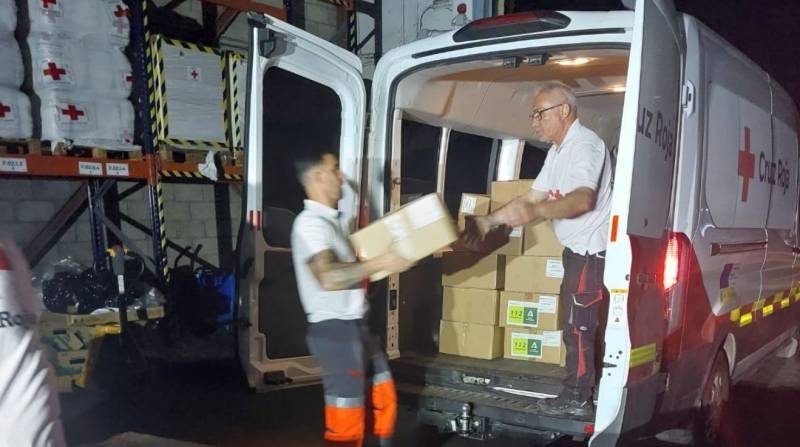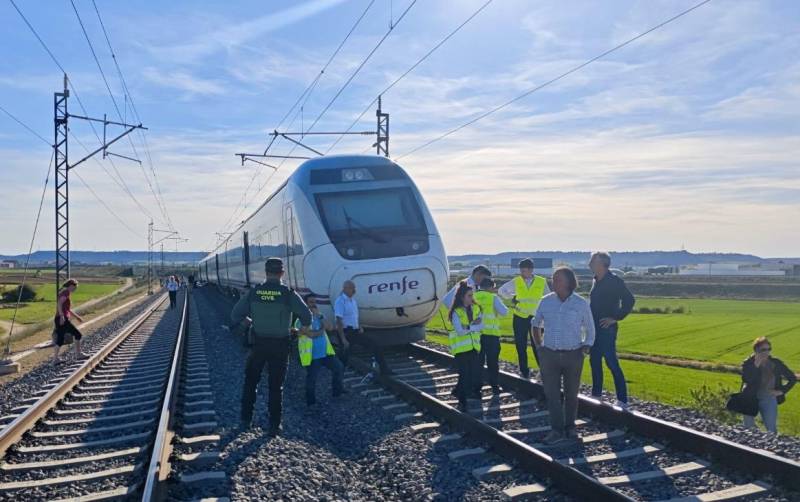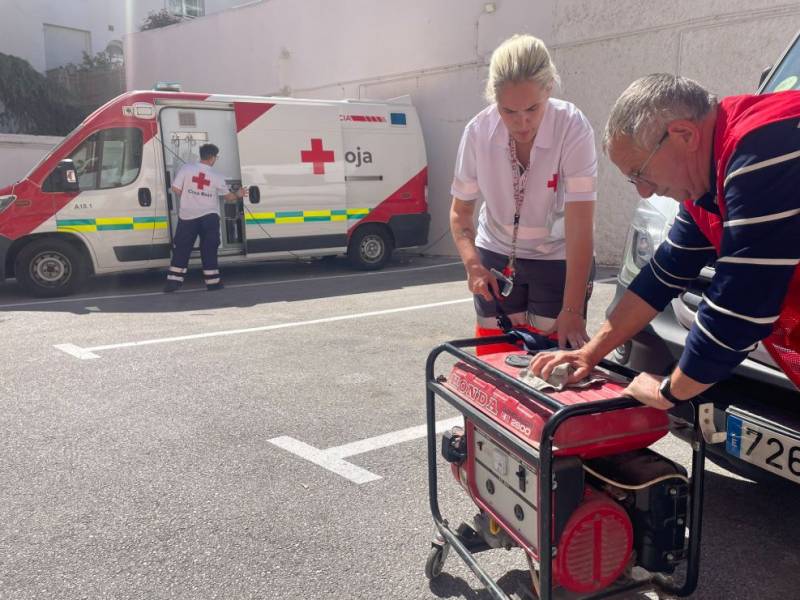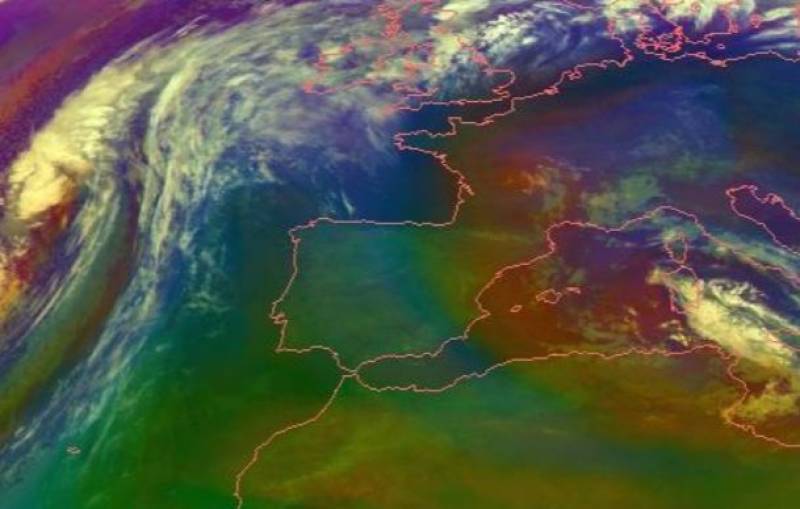- Region
- Águilas
- Alhama de Murcia
- Jumilla
- Lorca
- Los Alcázares
- Mazarrón
- San Javier
-
ALL AREAS & TOWNS
- AREAS
- SOUTH WEST
- MAR MENOR
- MURCIA CITY & CENTRAL
- NORTH & NORTH WEST
- TOWNS
- Abanilla
- Abarán
- Aguilas
- Alamillo
- Alcantarilla
- Aledo
- Alhama de Murcia
- Archena
- Balsicas
- Blanca
- Bolnuevo
- Bullas
- Cañadas del Romero
- Cabo de Palos
- Calasparra
- Camping Bolnuevo
- Campo De Ricote
- Camposol
- Canada De La Lena
- Caravaca de la Cruz
- Cartagena
- Cehegin
- Ceuti
- Cieza
- Condado de Alhama
- Corvera
- Costa Cálida
- Cuevas De Almanzora
- Cuevas de Reyllo
- El Carmoli
- El Mojon
- El Molino (Puerto Lumbreras)
- El Pareton / Cantareros
- El Raso
- El Valle Golf Resort
- Fortuna
- Fuente Alamo
- Hacienda del Alamo Golf Resort
- Hacienda Riquelme Golf Resort
- Isla Plana
- Islas Menores & Mar de Cristal
- Jumilla
- La Azohia
- La Charca
- La Manga Club
- La Manga del Mar Menor
- La Pinilla
- La Puebla
- La Torre
- La Torre Golf Resort
- La Unión
- Las Palas
- Las Ramblas
- Las Ramblas Golf
- Las Torres de Cotillas
- Leiva
- Librilla
- Lo Pagan
- Lo Santiago
- Lorca
- Lorquí
- Los Alcázares
- Los Balcones
- Los Belones
- Los Canovas
- Los Nietos
- Los Perez (Tallante)
- Los Urrutias
- Los Ventorrillos
- Mar De Cristal
- Mar Menor
- Mar Menor Golf Resort
- Mazarrón
- Mazarrón Country Club
- Molina de Segura
- Moratalla
- Mula
- Murcia City
- Murcia Property
- Pareton
- Peraleja Golf Resort
- Perin
- Pilar de la Horadada
- Pinar de Campoverde
- Pinoso
- Playa Honda
- Playa Honda / Playa Paraíso
- Pliego
- Portmán
- Pozo Estrecho
- Puerto de Mazarrón
- Puerto Lumbreras
- Puntas De Calnegre
- Region of Murcia
- Ricote
- Roda Golf Resort
- Roldan
- Roldan and Lo Ferro
- San Javier
- San Pedro del Pinatar
- Santiago de la Ribera
- Sierra Espuña
- Sucina
- Tallante
- Terrazas de la Torre Golf Resort
- Torre Pacheco
- Totana
- What's On Weekly Bulletin
- Yecla


- EDITIONS:
 Spanish News Today
Spanish News Today
 Alicante Today
Alicante Today
 Andalucia Today
Andalucia Today
Date Published: 29/04/2025
Spain blackout: What happened and how the country responded
A sweeping power outage plunged millions into darkness across Spain, Portugal and parts of France

On Monday April 28, a sudden and massive power outage swept across the Iberian Peninsula, affecting millions of people in Spain, Portugal and even reaching parts of southern France. The blackout caused widespread disruption, paralysing public transport, communications, hospitals and daily life, and prompting both Spain and Portugal to declare states of emergency in various regions.
The first reports of an outage began around midday on Monday, and the situation quickly escalated. Commuters in Madrid’s metro stations were left panicking in the dark as mobile networks failed and no official information was available.
What caused the blackout?
While the exact cause of the ‘apagón’ (from the Spanish root word ‘apagar’ – to turn off) is still under investigation, initial information points to a serious issue with the power interconnector between France and Spain. Kristian Ruby, head of Eurelectric, the trade body representing Europe’s power industry, explained that there had been “a specific incident” with the interconnector, leading to Spain’s disconnection from the broader European electricity grid.
However, Ruby cautioned that this incident alone was unlikely to be the sole cause, suggesting multiple factors at play.
The President of the Spanish Government, Pedro Sánchez, urged against premature speculation. He confirmed that investigations were ongoing but stressed there were, at present, no indications of a cyberattack, a view echoed by the President of the European Council, Antonio Costa. Portuguese Prime Minister Luís Montenegro similarly said there was “no indication” of foul play.
According to Red Eléctrica de España, the blackout was of “exceptional and extraordinary” magnitude, unprecedented in modern Spanish history. Due to the interconnection between national power systems, the disruption also affected parts of Portugal and France, although the Balearic and Canary Islands, as well as Ceuta and Melilla, remained unaffected.
As of this Tuesday morning, April 29, most of the power has reportedly been restored, though there are still several communities around the country with no internet or electricity.
‘Chaos’ and ‘panic’
The blackout caused widespread disruption across virtually every aspect of public life. Airports experienced significant delays, with airlines like easyJet warning of a “fluid” situation at major air hubs such as Lisbon and Madrid. Cirium, an aviation data company, reported that at least 96 flights from Portugal and 45 from Spain were cancelled by Monday evening.
Rail travel was also severely affected, with 116 trains stranded and issues reported with coupling locomotives for evacuations. In some autonomous communities in Spain, trains were simply cancelled or evacuated, with an estimated 35,000 passengers affected.
A train in Venta de Baños (Palencia) had to be stopped and the 230 passengers supplied with water, while one person with multiple sclerosis had to be evacuated by police.

As of this Tuesday morning, there are still three trains waiting to be evacuated in Tafalla (Navarra), Villanueva de Córdoba and in Alcolea (Almería).
Traffic lights failed across large swathes of the country, leading to dangerous conditions for motorists and pedestrians, and police urged people to stay off the roads unless absolutely necessary. Some people tried to leave large cities, aiming for a home in the country, causing lengthy traffic jams on several major roads.
Emergency workers in Madrid alone responded to 286 incidents of people trapped in lifts, while the lack of working elevators meant that even those who didn’t get trapped inside them at the time of the blackout were still unable to get up or down from their homes if they had reduced mobility.
Hospitals had to switch to emergency power, halting all non-urgent activities. The Spanish Red Cross, Cruz Roja, was on hand to provide generators and supply emergency power to those medical facilities that needed it, and special trucks full of gas had to be specially transported with a police escort to provide hospitals with power.

Many businesses were forced to close, including major retailers like Ikea, which switched to back-up generators but barred customers from entering.
Perhaps the worst effect for the majority of people was the lack of phone signal or internet, meaning that vast numbers of people were out of contact and had no means of knowing what was going on or how widespread the issue was.
Card payments were widely disrupted, leading to long queues at cash machines. Petrol stations in several areas also reported closures.
Queues for supermarkets were even longer than during the Covid-19 panic buying, according to some retailers, with shoppers favouring bottled water and tinned food.
For now, no deaths have yet been reported linked directly to the blackout and the reports of looting while street lights were out at night are minimal.
The government’s response
 Given the scale and complexity of the crisis, Spain’s Government declared an emergency of national interest in eight autonomous communities: Andalucía, Extremadura, Murcia, La Rioja, Madrid, Castilla-La Mancha, Galicia and Valencia. This declaration placed the Ministry of the Interior, led by Fernando Grande-Marlaska, in charge of managing the situation at both national and regional levels.
Given the scale and complexity of the crisis, Spain’s Government declared an emergency of national interest in eight autonomous communities: Andalucía, Extremadura, Murcia, La Rioja, Madrid, Castilla-La Mancha, Galicia and Valencia. This declaration placed the Ministry of the Interior, led by Fernando Grande-Marlaska, in charge of managing the situation at both national and regional levels.Following a second meeting of the National Security Council on Monday, the Government activated Civil Protection emergency level 3 – the highest level – in these regions.
Read also: The emergency survival kit you should have in your house in case of blackouts, according to the EU
Grande-Marlaska chaired an extraordinary coordination committee that included representatives from the Military Emergency Unit (UME), the National Police, Guardia Civil, regional police forces, and key ministries such as Transport, Health, Defence and Ecological Transition.
Aragón and Castilla y León, though less severely affected, activated operational level 2 of their civil protection plans and requested UME support to provide electricity generators to critical infrastructure and transport essential goods and people.
Managing the aftermath
As power began to return between 6pm and 10pm, depending on the area, the Government issued guidelines recommending that workers in areas still facing limited electricity should prioritise their safety and that those not involved in essential services should avoid unnecessary travel.
In some areas, the bars and restaurants were reported, in true Spanish style, to be full to bursting on Monday evening when the power started to come back.
Schools in the affected regions – including Madrid, Andalucía, Castilla-La Mancha, Extremadura, La Rioja, Murcia and Valencia – have been instructed to open this Tuesday April 29 but without holding classes.
By early Tuesday morning, Red Eléctrica de España announced that 92.09% of peninsular energy demand had been restored, amounting to 18,563 Megawatts, and that 100% of the country’s electricity substations had been energised. Work to stabilise and fully restore the national grid continues.
Meanwhile, the country remains on alert. Although power has been restored in many areas, the authorities are keen to ensure that full normality is securely re-established before emergency protocols are lifted.
Images 1 & 3: Cruz Roja Andalucía
Image 2: Guardia Civil
Image 4: Pedro Sánchez
Loading
Sign up for the Spanish News Today Editors Roundup Weekly Bulletin and get an email with all the week’s news straight to your inbox
Special offer: Subscribe now for 25% off (36.95 euros for 48 Bulletins)
OR
you can sign up to our FREE weekly roundup!
Read some of our recent bulletins:
Discount Special Offer subscription:
36.95€ for 48 Editor’s Weekly News Roundup bulletins!
Please CLICK THE BUTTON to subscribe.
(List price 3 months 12 Bulletins)
Read more stories from around Spain:
Contact Murcia Today: Editorial 000 000 000 /
Office 000 000 000
























